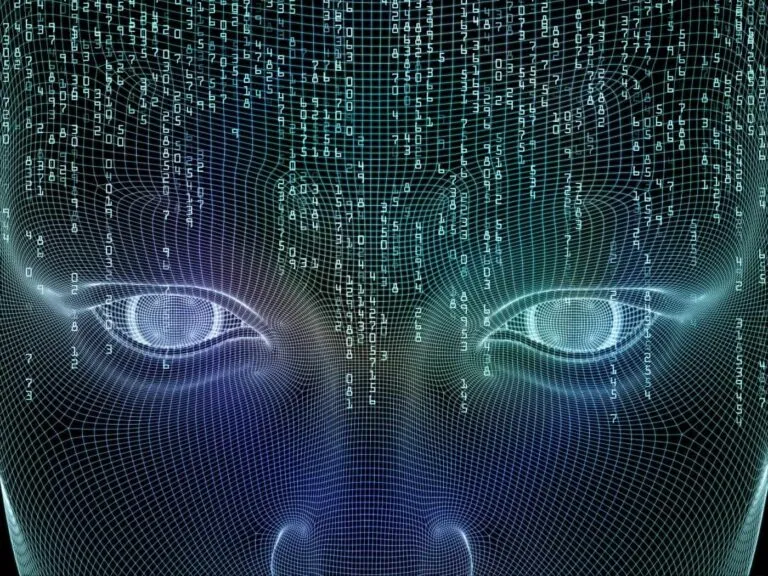Artificial Intelligence (AI) is the ability of a computer to perform tasks normally done by humans. This is accomplished by processing data and interpreting results.
AI can be divided into different sub-fields such as speech recognition, natural language generation, and machine vision. The first two are used for converting speech into text or code, while the latter focuses on building algorithms to recognize patterns and relationships in data.
The Future of Work
The Imminent Arrival of Artificial Intelligence and Its Impact on Society
AI is transforming the world of work. Across all industries, from manufacturing to health care, and from banking to education, companies are using AI tools to drive efficiencies.
In the future, AI could automate tasks that were previously performed by humans and help companies increase efficiencies and reduce costs. This would improve productivity and allow companies to focus on more creative solutions.
However, AI also poses risks to society. For example, it has been criticized for creating online echo chambers that only show people’s preferred content. It can create fake video, audio and images that can harm reputations or challenge political decision making.
It can also reinforce polarisation in the public sphere and undermine freedom of assembly and protest. This could affect the way we choose our government and decide how to tackle social and environmental problems.
The Future of Education
Artificial intelligence (AI) is a broad constellation of technologies that equip machines with human-like levels of cognitive abilities. These capabilities enable machines to sense environments, recognize objects, contribute to decision making, solve complex problems, learn from past experiences, and imitate patterns.
AI will reconfigure how society and the economy operate. It will require people to think more broadly about a variety of questions and integrate knowledge from a range of areas.
One important factor in preparing for this future is the need to build skills in areas such as coding, design, sustainability and financial literacy. These will need to be integrated into school curricula and courses.
Another key component to preparing for the future is project-based learning. This is a teaching method designed to allow students to learn through active engagement and deeper learning.
The Future of Health
AI has the potential to be transformative. It can automate repetitive learning and discovery through data, replacing manual tasks with frequent, high-volume computerized work that is more efficient and more reliable.
But it can also be dangerous, leading to mass labor displacement or extreme concentrations of power and wealth. It is also susceptible to privacy invasion, theft of sensitive information and biases that reinforce existing power structures.
In healthcare, artificial intelligence is already assisting doctors to diagnose and make better decisions about treatments. It can pinpoint drugs that are effective and identify higher risk individuals before they have a chance to develop symptoms.
In addition, emerging technologies are making it possible to provide medical services virtually without patients ever having to step inside a hospital. Telemedicine is one of the fastest-moving areas in healthcare innovation.
The Future of Politics
As AI technologies become more advanced, some worry that they will be able to redesign themselves, taking on new roles and abilities at an exponential rate. Others warn that this could lead to massive job losses, widening economic divides and social upheavals.
Whether it is in the form of driverless cars or political campaigns that are more tailored to a person’s online behaviour, people have concerns about how AI systems can be used without their knowledge. Some even worry that they can be hacked into and weaponized.
There is a growing debate over the ethics of artificial intelligence and whether it should be treated with the same rights as humans. Some argue that this is essential to ensure that machines are not able to cause harm. However, there are also many concerns about whether these technologies can be regulated effectively. This is because technology can develop so quickly that laws will be obsolete before governments are able to create them.

